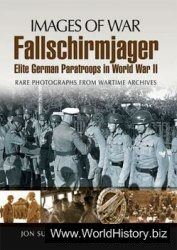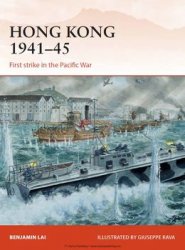The growth of American nationalism was an important result of the Revolution. Most modern revolutions have been caused by nationalism and have resulted in independence. In the case of the American Revolution, the desire to be free antedated any intense national feeling. The colonies entered into a political union not because they felt an overwhelming desire to bring all Americans under one rule but because unity offered the only hope of winning a war against Great Britain. That they remained united after throwing off British rule reflects the degree to which nationalism had developed during the conflict.
By the middle of the eighteenth century the colonists had begun to think of themselves as a separate society distinct from Europe and even from Britain. Benjamin Franklin described himself not as a British subject but as “an American subject of the King,” and in 1750 a Boston newspaper could urge its readers to drink “American” beer in order to free themselves from being “beholden to Foreigners” for their alcoholic beverages. Little political nationalism existed before the Revolution, however, in part because most people knew little about life outside their own colony. When a delegate to the first Continental Congress mentioned “Colonel Washington” to John Adams soon after the Congress met, Adams had to ask him who this “Colonel Washington” was. He had never heard the name before.
The new nationalism arose from a number of sources and expressed itself in different ways. Common sacrifices in war certainly played a part; the soldiers of the Continental army fought in the summer heat of the Carolinas for the same cause that had led them to brave the ice floes of the Delaware in order to surprise the Hessians. Such men lost interest in state boundary lines; they became Americans.
John Marshall of Fauquier County, Virginia, for example, was a twenty-year-old militiaman in 1775. The next year he joined the Continental army. He served in Pennsylvania, New Jersey, and New York and endured the winter of 1777-1778 at Valley Forge. “I found myself associated with brave men from different states who were risking life and everything valuable in a common cause,” he later wrote. “I was confirmed in the habit of considering America as my country and Congress as my government.”
Andrew Jackson, child of the Carolina frontier, was only nine years old when the Revolution broke out. One brother was killed in battle; another died as a result of untreated wounds. Young Andrew took up arms and was captured by the Redcoats. A British officer ordered Jackson to black his boots and, when the boy refused, struck him across the face with the flat of his sword. Jackson bore the scar to his grave and became an ardent nationalist on the spot. He and Marshall had very different ideas and came to be bitter enemies later in life. Nevertheless, they were both American nationalists—and for the same reason.
Civilians as well as soldiers reacted in this way. A Carolina farmer whose home and barn were protected against British looters by men who spoke with the harsh nasal twang of New England adopted a broader outlook toward politics. When the news came that thousands of Redcoats had stacked their arms in defeat after Yorktown, few people cared what state or section had made the victory possible—it was an American triumph.
The war caused many people to move from place to place. Soldiers traveled as the tide of war fluctuated; so too—far more than in earlier times—did prominent leaders. Members of Congress from every state had to travel to Philadelphia; in the process they saw much of the country and the people who inhabited it. Listening to their fellows and serving with them on committees almost inevitably broadened these men, most of them highly influential in their local communities.
With its thirteen stars and thirteen stripes representing the states, the American flag symbolized national unity and reflected the common feeling that such a symbol was necessary. Yet the flag had separate stars and stripes; local interests and local loyalties remained extremely strong, and these could be divisive when conflicts of interest arose.
Certain practical problems that demanded common solutions also drew the states together. No one seriously considered having thirteen postal systems or thirteen sets of diplomatic representatives abroad. Every new diplomatic appointment, every treaty of friendship or commerce signed, committed all to a common policy and thus bound them more closely together. And economic developments had a unifying effect. Deprived of English goods, Americans manufactured more things themselves, stimulating both interstate trade and national pride.




 World History
World History









